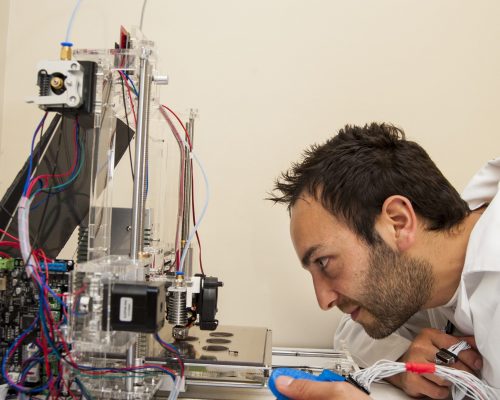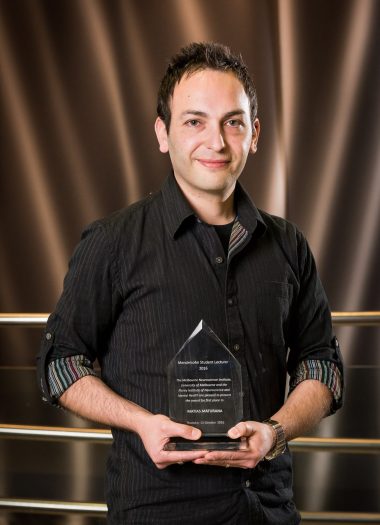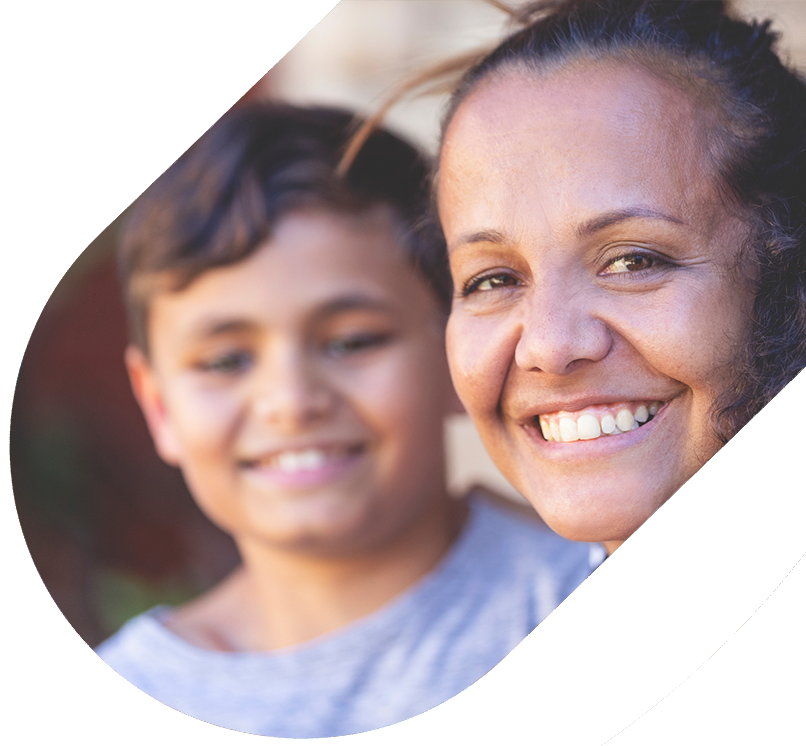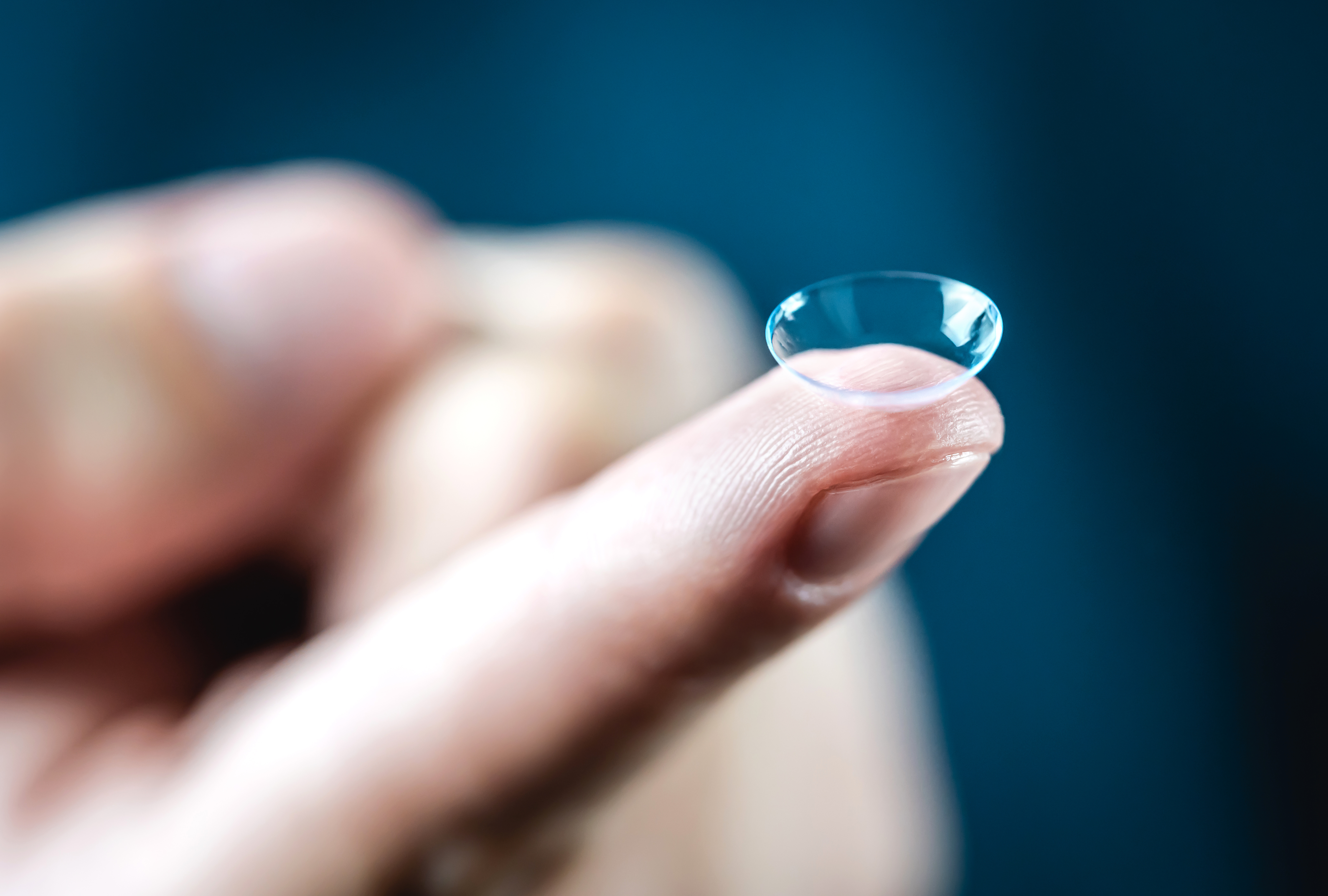Matias Maturana is a talented researcher who first joined the NVRI to complete his PhD research in 2013. Since his time with us, Matias has continued to build a thriving career in neuroscience, with a focus on the development of medical devices to assist the diagnosis and treatment of neurological conditions.
He currently holds a Product Manager position with Seer and is Chief Technology Officer with Carbon Cybernetics. Matias also remains an active collaborator with the NVRI through his role with Carbon Cybernetics.
Please describe your time at the NVRI.
I joined the NVRI in 2013 as a University of Melbourne PhD student working on electrical stimulation of the retina for the bionic eye project. I had five PhD supervisors, which is unusual for a PhD, and they included Michael Ibbotson, Tania Kameneva, Hamish Meffin, David Grayden and Brendan O’Brien. I finished my PhD in 2016 and continued working for another 6 months as an NVRI NHMRC funded postdoc, supervising students and continuing my research.
Why did you choose the NVRI?
The NVRI was one of the primary research institutes involved in the bionic eye consortium. I chose to do my research there because had a very good reputation for excellence in research, and it had some very good supervisors.
What is your fondest memory of your time at the NVRI?
I think this question provides an opportunity for a big shoutout! My fondest memory was working with Alex Hadjinicolaou and Yu-shan Hung. Not only did they teach me lots during my PhD, they became really good friends, kept me motivated and supported me through difficult times.
One of NVRI’s main goals has been to help support the development of early career researchers. Can you describe how your time at the NVRI help enhance your research career?
Since my time at the NVRI, I have continued a career in neuroscience. This career would not have been possible without the experience I had at the NVRI. My experience there prepared me for the postdoc I completed soon after and has helped get me to where I am today.
Can you describe your experience at the NVRI in two sentences?
The NVRI has provided me with a great PhD experience. The supervisors there supported and prepared me for my career as a scientist.















